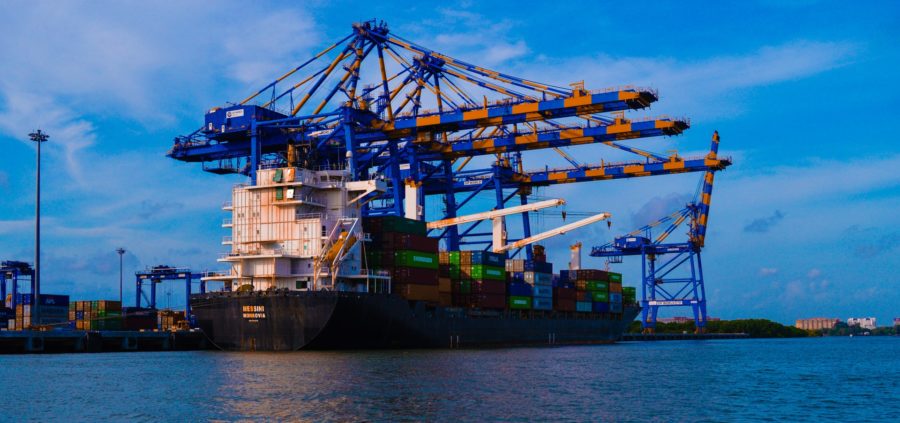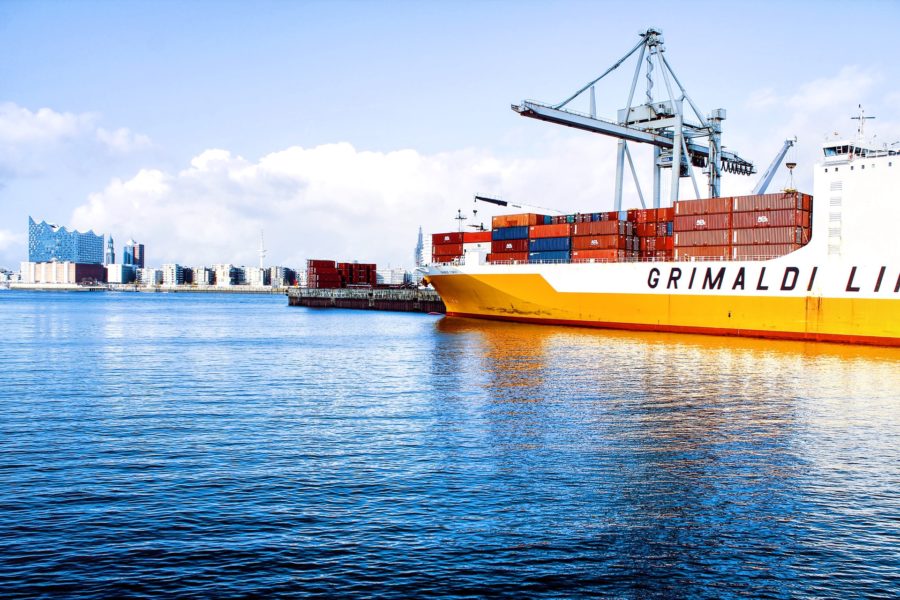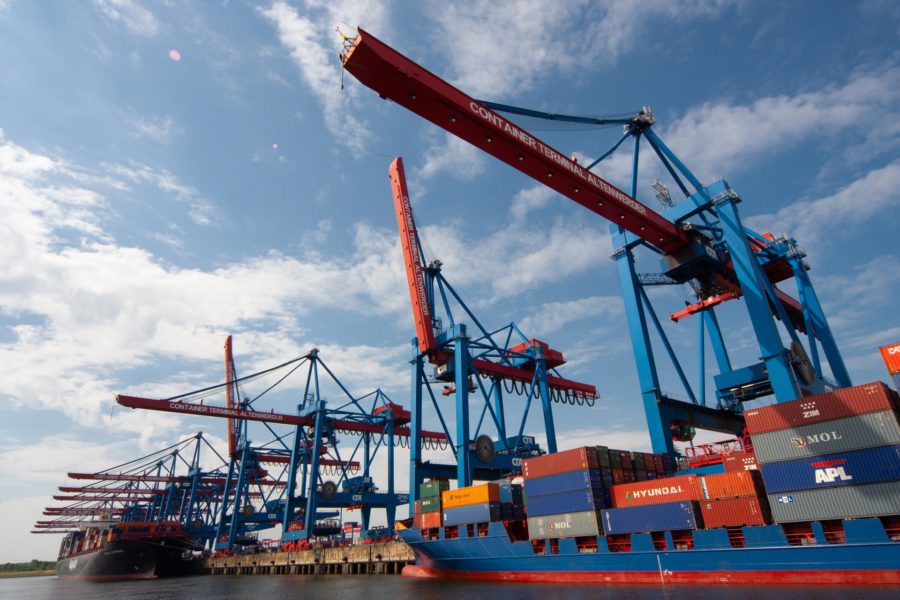January 5, 2021
USTR Imposing Tariffs on French Goods in Tax Dispute

Announced earlier this summer, new 25% U.S. tariffs on $1.3 billion worth of French handbags, cosmetics and soaps will take effect this Wednesday, which could prompt the EU to strike back on an equivalent amount of U.S. goods.
United States Trade Representative, Robert Lighthizer, announced the tariffs in July in retaliation for France’s digital services tax, which the Trump administration believes is unfairly aimed at U.S. internet giants like Google, Amazon, Facebook and Apple. But he suspended the tariffs for 180 days to allow time for a negotiated settlement in talks among 137 nations that are being facilitated by the Organization for Economic Cooperation and Development.
Since then, the OECD talks have failed to reach an agreement and France has begun collecting its digital services tax, which USTR estimates will cost U.S. internet companies at least $450 million for their 2020 activities and $500 million for 2021.
The United States believes France struck the first blow in the dispute by imposing the tax. Still, the EU has vowed to strike back if USTR imposes its retaliation this week.
That raises the possibility the U.S. could retaliate against any EU retaliation. It will be the job of President-elect Joe Biden’s administration to resolve the issue, whatever happens in the final 16 days of President Donald Trump’s administration.
(Source: Politico)








